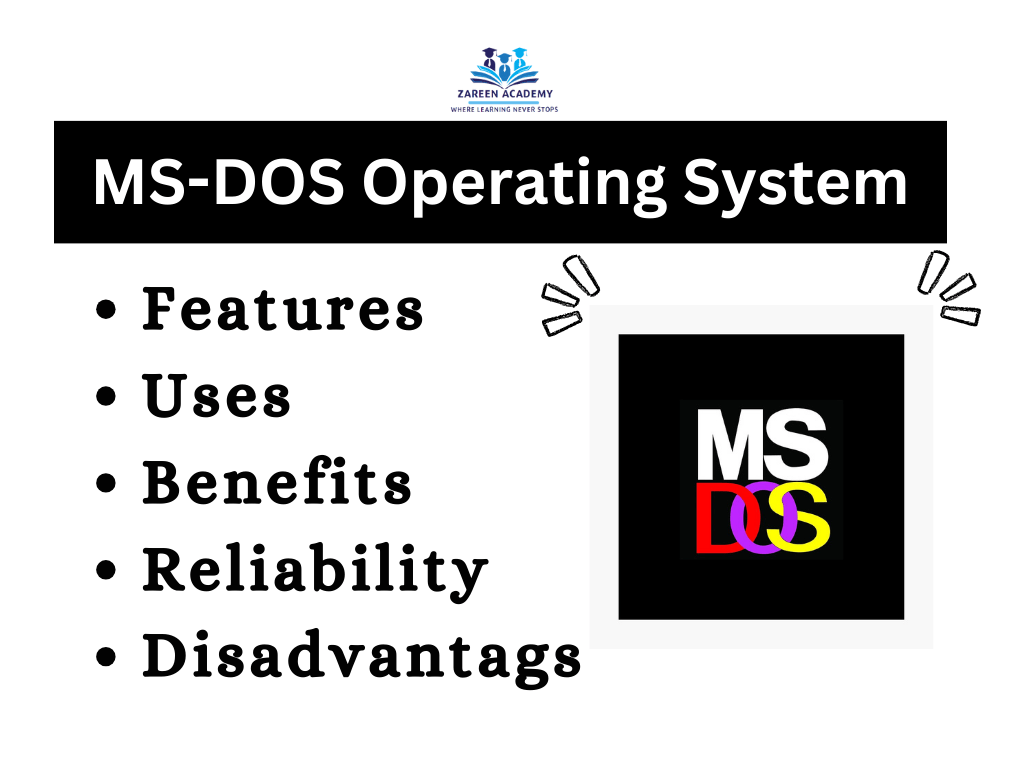What truly defines "impact" in a world overflowing with actions and initiatives? Impact, at its core, represents the quantifiable shift resulting from a specific action, project, or policya change measurable across various dimensions. It's a concept that permeates nearly every aspect of our lives, from the boardroom to the battlefield, from individual choices to global strategies. Understanding the nature of impact is crucial.
It is the foundation upon which we build our understanding of cause and effect, a lens through which we evaluate the efficacy of our endeavors. In the context of business, understanding impact often means to measure the effect on key performance indicators, such as revenue, market share, and customer satisfaction, but it can also include factors such as environmental and social consequences. This guide will explore the nuances of this multifaceted concept, delving into its varying applications and providing a roadmap for effective impact assessment.
In the realm of cyber security, understanding the nature of a DDoS attack, confirming its occurrence, deploying effective mitigations, and continuous monitoring and recovery procedures are crucial components of a robust response plan. This should be an important part of any digital strategy. Defenders and service providers must be acutely aware of their respective roles and responsibilities at every stage of such an attack. The aim is to protect data and maintain system uptime.
The DOS operating system, a pivotal piece of computing history, laid the software groundwork for early IBM PCs and empowered business and consumer productivity throughout the 1980s. While its reign was eventually superseded by the rise of Windows, DOS played a critical role in the evolution of personal computing. DOS booting involves reading essential files into memory, which is fundamental to understanding its operation.
In contrast to the swift changes in software and technology, the principles of qualitative methods remain steadfast in their effectiveness. They have emerged as indispensable tools for acquiring deep insights and understanding intricate phenomena. These methodologies delve beneath the surface, striving to reveal the underlying motivations, behaviors, and experiences that shape our world. This guide is designed to unravel the complexity of qualitative research, providing a comprehensive overview and practical strategies to navigate its multifaceted dimensions. From in-depth interviews to focus groups and observational studies, qualitative methods equip researchers with the means to explore the rich tapestry of human experience.
Debt, a cornerstone of modern economies, fuels economic expansion, promotes innovation, and ensures stability. However, it also carries inherent risks. Understanding this duality is crucial in order to fully capitalize on debt's potential benefits while simultaneously mitigating its challenges. It acts as a catalyst for progress, enabling investments in infrastructure, research, and development. However, excessive borrowing can lead to financial instability and economic downturns.
When considering mental health, its vital to recognize the potential offered by innovative solutions. These are designed to uplift mood and promote balance in life. Embracing this approach represents the path to emotional equilibrium and inner harmony. This includes strategies that increase understanding of various treatment and therapeutic approaches that will help you to proactively collaborate with your healthcare team. It's also important to be aware of the brain health perspective and how one can adopt a brain-healthy lifestyle.
Impact assessments are essential for evaluating the effects of a specific action or decision on various stakeholders. This includes the comprehensive understanding of the potential consequences and making informed decisions. By carefully assessing the potential impact of various projects and initiatives, we can make more informed decisions.
In order to understand the nature of technology, consider the operating system. Anything that controls the computer's hardware and peripheral devices, overseeing programs and their functions, is known as the operating system. Running on the hard disk, this is known as the disk operating system.
One of the initial challenges involves assessing the impact of a project or initiative. The initial phases include scoping, defining the assessments purpose and objectives, and identifying key stakeholders. Next, it is necessary to gather data, which encompasses both qualitative and quantitative data collection methods. This data is then analyzed and interpreted, evaluating the actions against the pre-defined objectives and identifying outcomes. Finally, the results are used to make necessary decisions, recommendations, and to inform future projects.


